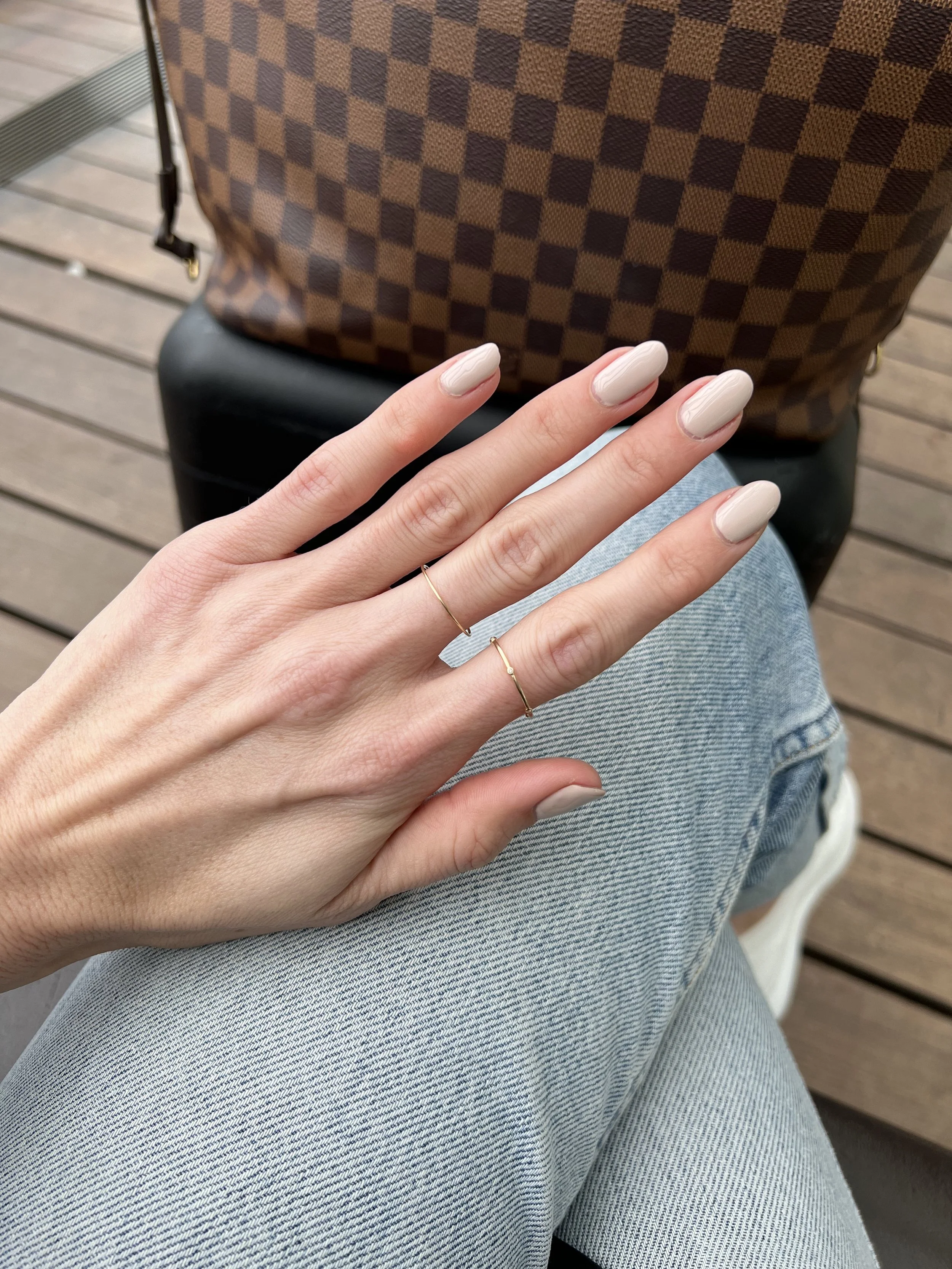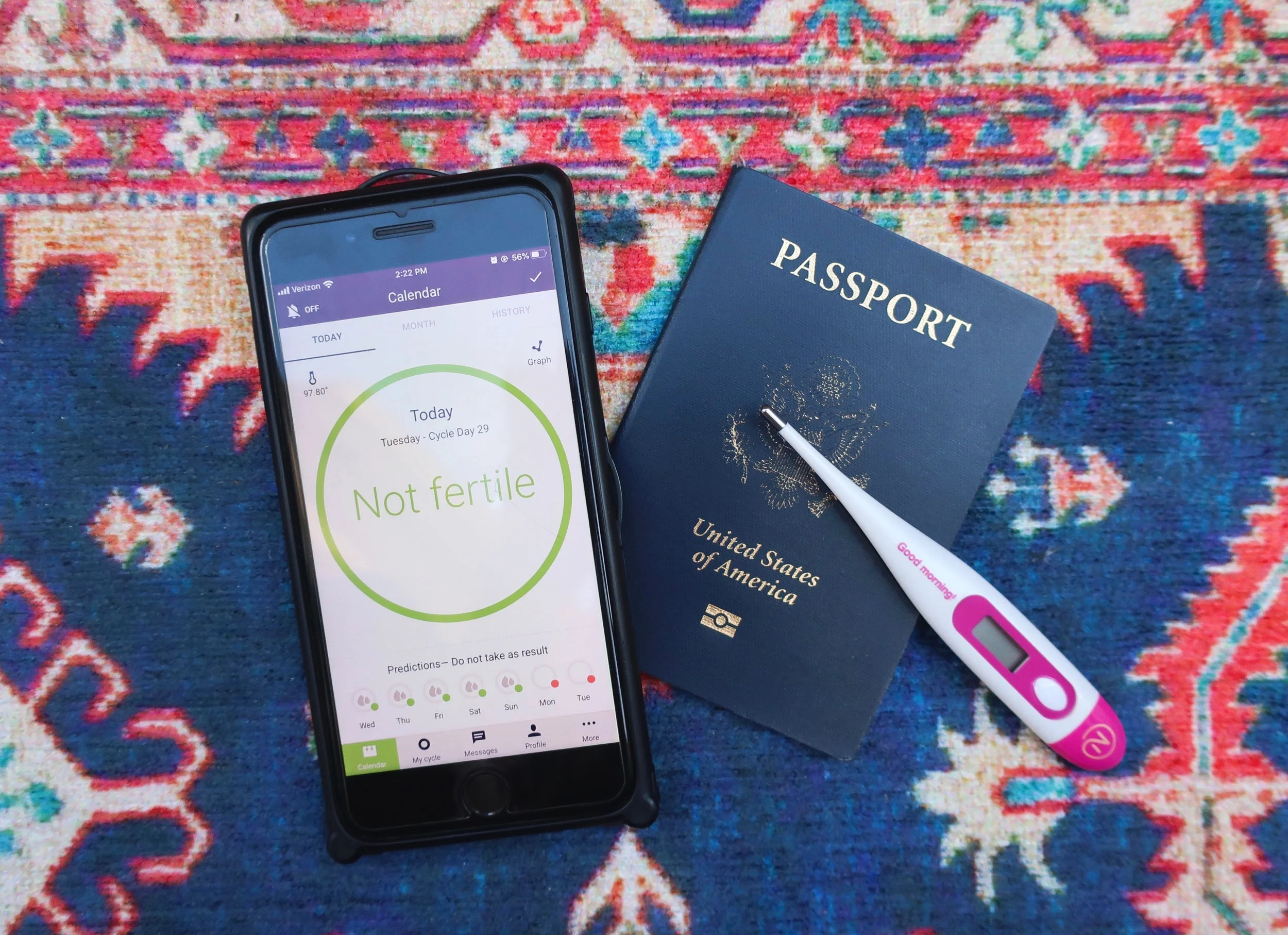How to Have a Healthy Relationship with Social Media
/Whether you use social media in your line of work or just have an account for personal use, developing and maintaining a healthy relationship with it may be easier said than done.
While social media networks have now been around for almost two decades, the landscape is constantly changing due to frequent updates to each platform, and it can sometimes feel like it’s hard to keep up. Protecting your mental health should always be a priority, and in my years of experience being active on social media (specifically Instagram) both professionally and personally, I’ve come up with a few tips that have helped me maintain a healthy relationship with it.
Continue reading to discover the considerations I take into account when evaluating my relationship with social media to ensure it’s a positive experience.
1. Only engage with content that makes you happy
Algorithms are designed to keep you engaged, and platforms will continue to recommend content that you typically interact with. I’ve found it helpful to only engage with positive content that makes me happy, so my personal Instagram feed and recommendations are always filled with travel photography, new restaurants in Paris, tips for learning French, cute Pomeranians, and skiing videos. I purposely do not engage with or follow any content or accounts that show me negative things that will make me unhappy, because I know Instagram will just continue to show me more of it.
When it comes to world events or sensitive topics, I source my information from reputable news platforms, and avoid interacting with that type of content on social media because may be filled with falsehoods and emotionally-charged opinions.
2. Think about what you really want to use social media for, and stick to that purpose
Do you like to use Instagram or other social media as a creative outlet? A way to keep in touch with friends? A way to discover new places or find inspiration? If you remind yourself of your purpose for using social media, it will become easier to identify the things that don’t align with that purpose so you can actively avoid them. For example, I personally become upset when I see content on Instagram that glorifies or contributes to over-consumption, so years ago I decided to never interact with accounts or content that show shopping hauls or fast-fashion recommendations. And thanks to this decision, that type of content is very rarely recommended to me.
If you become disheartened or uninspired by your experience with social media, it may be time to revisit the original reasons why you found purpose in it before. Doing so could be a renewed source of motivation, and a reminder of the types of content and interactions you find positive.
3. Never make assumptions based on what you see
Comparison can be one of the most dangerous tendencies that social media can influence. I’ve often heard the phrase “Don’t compare your behind-the-scenes to someone else’s highlight reel”, and if you take time to really think about that, it’s the most helpful reminder to be realistic with your feelings and expectations. For every 10-second clip that is shared to Instagram on a single day, there are 86,390 seconds that you aren’t seeing. While the 10 seconds that are shown may highlight something very positive in a person’s day, the other 86,390 seconds may also contain some negative moments that all humans may experience: tireless effort, stress, sadness, pain, self-doubt, confusion, etc. This is not to cast a negative light on what others may be experiencing, but rather is just a reminder to never compare your life to a snapshot of what someone else decided to share, for whatever reason.
I was able to believe in this idea more deeply a few years ago when I realized it was something I was actively doing myself: I was personally experiencing something that was very difficult, but was still choosing to share only a few positive moments here and there. Similarly, some of my most exciting, enjoyable, and memorable life experiences have never been shared on social media, as I’ve chosen to keep them to myself. Because I know that what I share on social media is only a tiny fraction of the life I truly experience, I can only assume it’s similar to other’s habits for sharing on social media.
4. Don’t take it too seriously
While social media can be a helpful tool for staying in touch with loved ones, remember to prioritize and nurture your real relationships. And while social media can be a helpful tool for discovering new places, remember to value and appreciate real life experiences. And while social media can also be a helpful tool for finding inspiration for new ideas, remember to express your own creativity in tangible ways that you can enjoy in your own life. Though it may feel as though social media is encompassing more and more of our time, energy, and attention, taking a quick moment to remind ourselves that it’s not everything can help us remember to not take it too seriously.
5. Set limits on when you can check it, and for how long
Most smartphones have controls you can set to allow yourself to spend up to a maximum amount of time in specific apps per day, or per session. I’ve also found that it’s helpful (but a true practice of self-discipline) to avoid checking social media at times when doing so may result in anxiety or distraction that would affect my sleep or productivity. For example, I try to avoid checking social media right before bed, right after waking up, and right before meetings or presentations. Maintaining these habits is good practice and a helpful reminder that you are in control of the way you consume and react to content online.
6. Mute or unfollow accounts that don’t make you feel good
In line with the point I made earlier about avoiding interacting with content that doesn’t align with your purpose for using social media, you should mute or unfollow accounts that don’t make you feel good. If you notice the content shared by a person or account that you follow leaves you feeling uninspired, anxious, or uninterested, you have the choice to unfollow or mute it. Your time is precious, and the content you consume should leave you feeling inspired, motivated, and happy.
7. Don’t pay attention to numbers or “engagement”
A general tip for protecting your happiness and managing your expectations in any area of your life is to not worry about the things that are out of your control. In the context of social media, metrics for measuring “engagement” or “performance” can be influenced more by rapidly-changing algorithms than they can be by your own actions. These algorithmic factors rely on the inner-workings of the platforms, and thus are out of your control. Assigning you mood or letting your feelings be affected by external sources can be a practice that sets you up for disappointment, so my best advice is set your own metrics for success. For example: how many people did you compliment this week? How many ideas did you come across that you may be interested in trying yourself? How many posts made you laugh? How many posts did you save?
8. Check in with yourself regularly
Because the social media landscape is constantly changing, you may need to take time to recalibrate your thoughts, feelings, and reactions toward the platforms often. Check in with yourself every now and then to ask if your experience is still positive, or if there is something you could do or change in order for it to be more positive. It’s normal for attitudes and habits to change over time, so something that may have worked well for you in the past may not always be best approach going forward. Simply reviewing these tips again could help inspire new ways to evaluate your relationship with social media.
While I have included some tips that have helped me personally, I admit that I’m not an expert and there is no one right way to approach social media in a way that protects your mental health. What works well for you may not work well for others, and what works well for me way not always work well for you. Because the landscape is constantly changing, it is fair to say that we are all experiencing it for the first time, together.
Are you looking for ways to improve your relationship with social media or have any questions about my experience and how I practice these tips? Let me know below in the comments!
This post contains affiliate links and at no cost to you, I may earn a commission which allows me to keep this site free for all readers. I only recommend properties, products, brands, and services that I personally use and believe in.


















